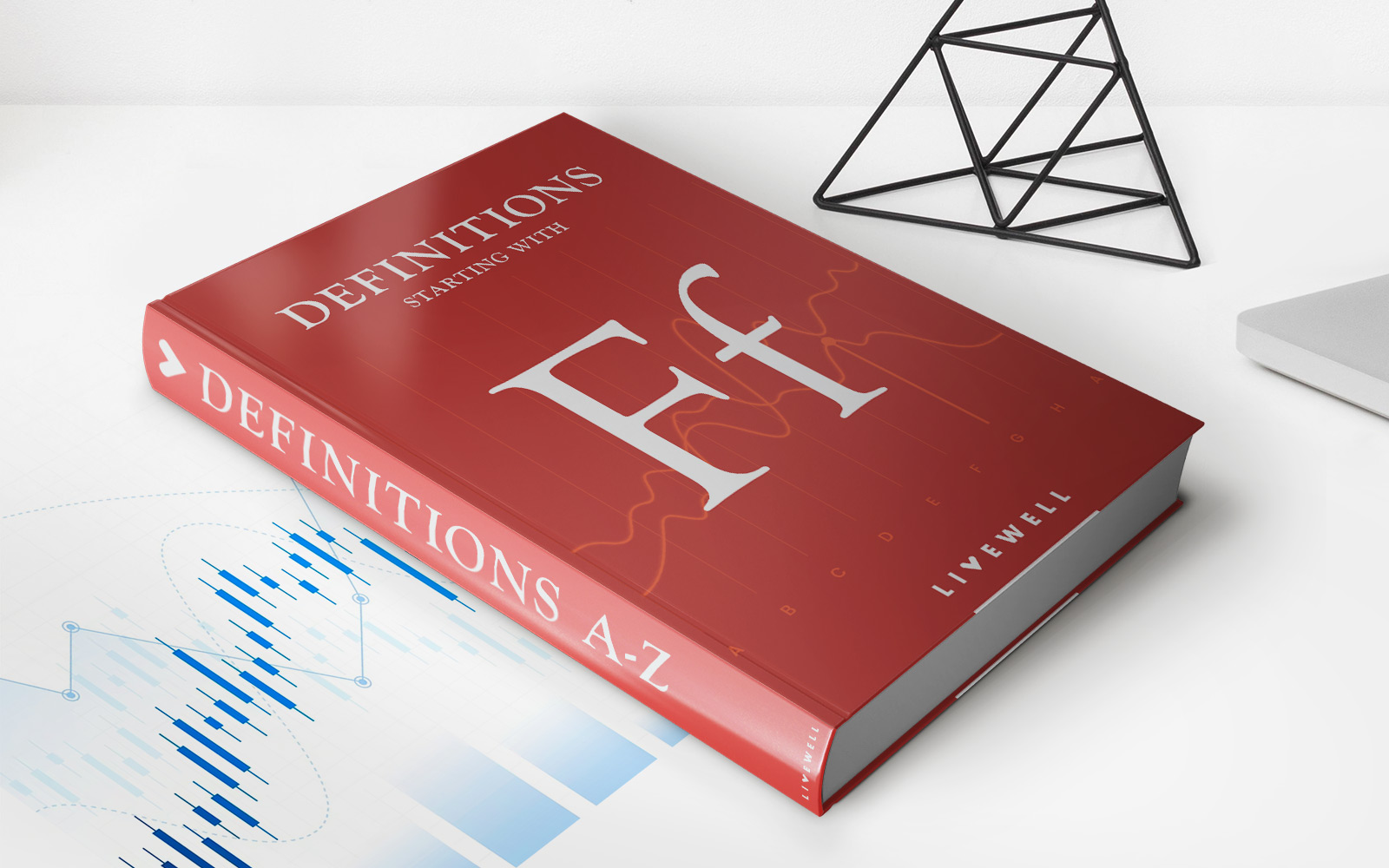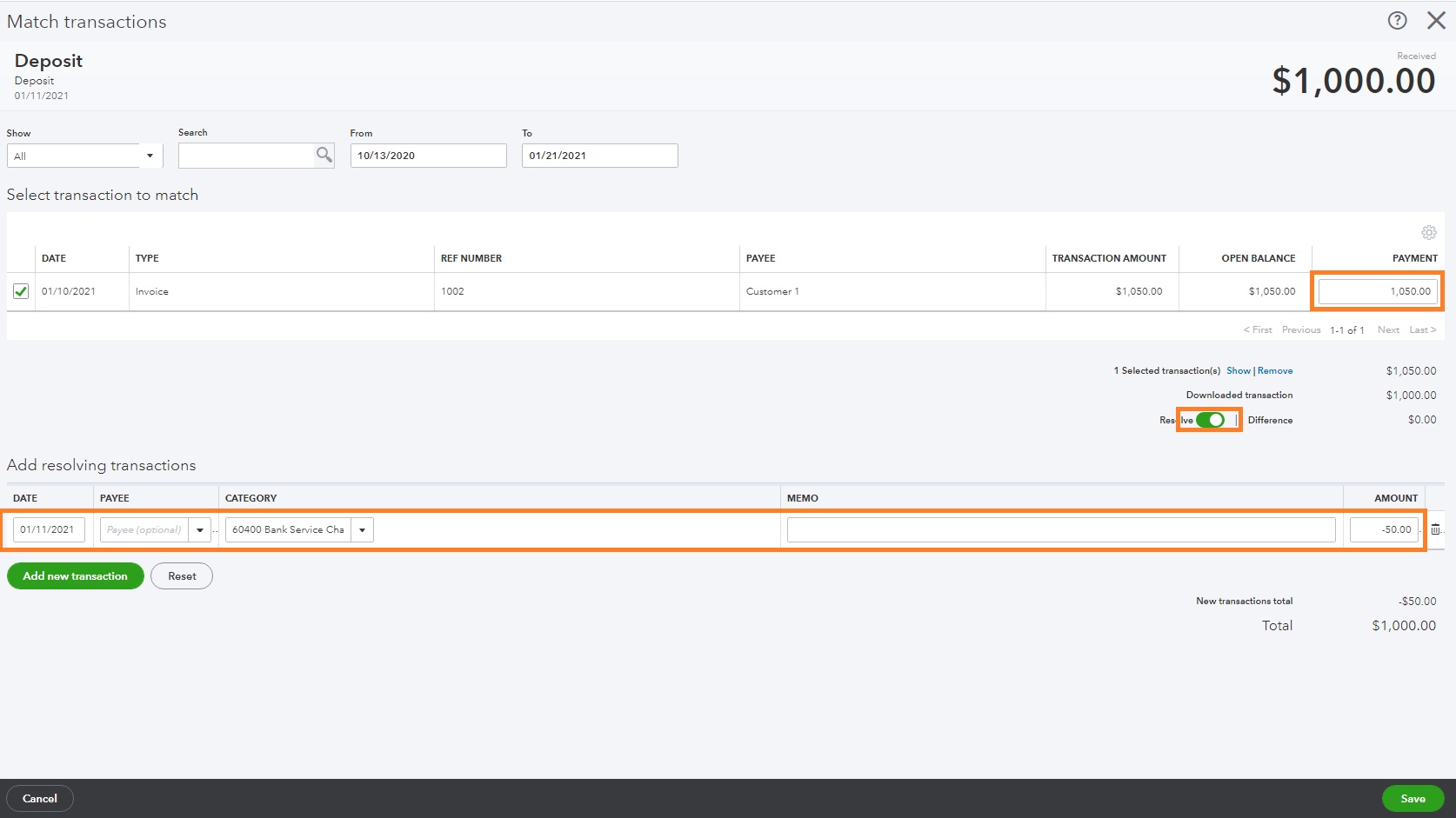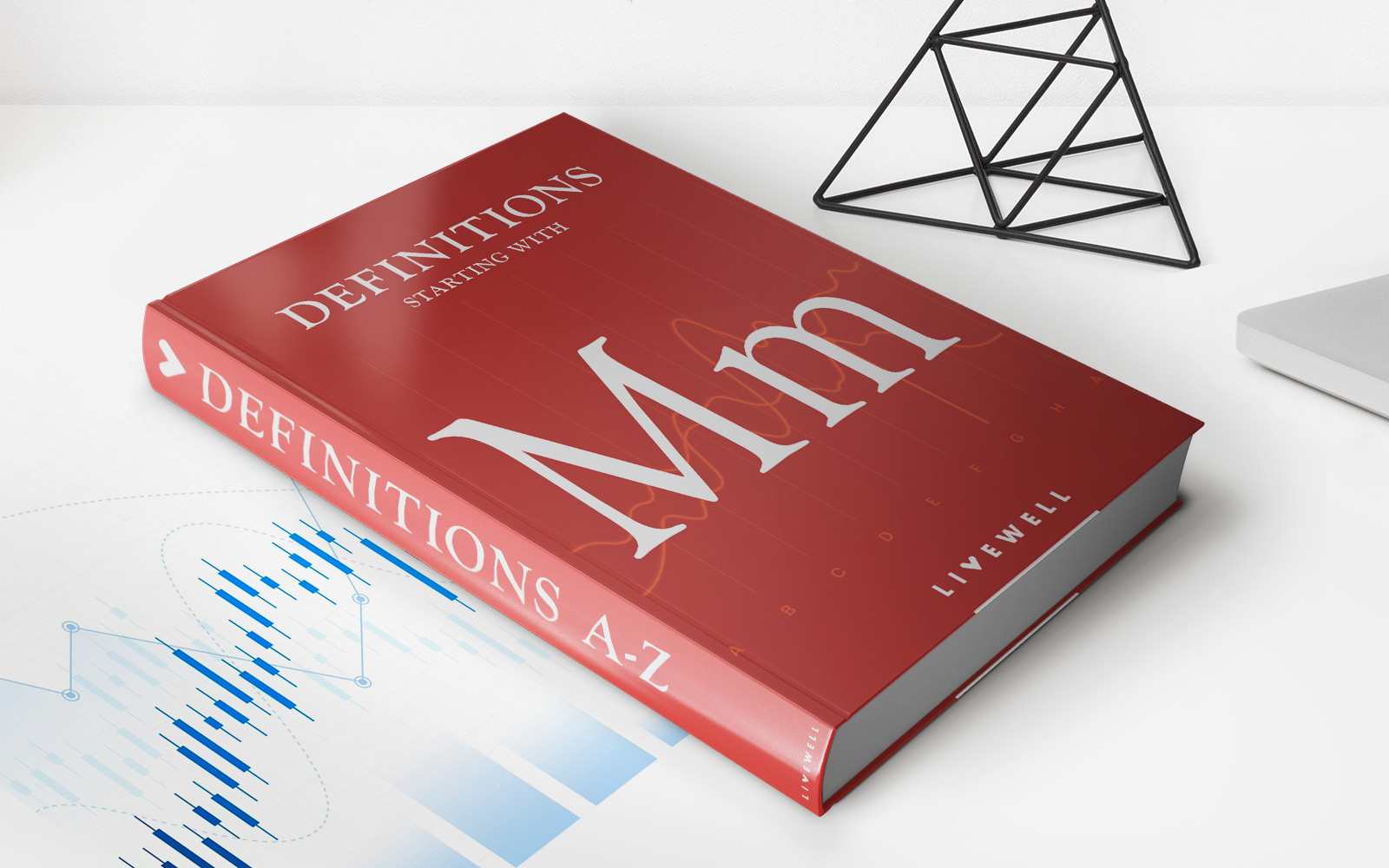

Finance
What Is A Fiduciary In Insurance
Published: November 22, 2023
Learn what a fiduciary in insurance means and how it relates to finance. Discover the importance of entrusting your insurance decisions to a reliable fiduciary
(Many of the links in this article redirect to a specific reviewed product. Your purchase of these products through affiliate links helps to generate commission for LiveWell, at no extra cost. Learn more)
Table of Contents
Introduction
In the world of insurance, trust and integrity are of utmost importance. Policyholders rely on insurance companies and professionals to act in their best interests and handle their financial matters with care. This is where the concept of a fiduciary comes into play.
A fiduciary in insurance refers to a person or entity that is entrusted with the responsibility of managing and protecting the interests and assets of policyholders. Fiduciaries are legally and ethically bound to act in the best interests of their clients, prioritizing their needs above their own.
In this article, we will explore the definition of a fiduciary in the insurance industry, discuss the fiduciary duties that are associated with this role, and highlight the importance of upholding fiduciary duty in the insurance sector. We will also delve into the legal implications of breaching fiduciary duty and provide examples to illustrate its significance.
Furthermore, we will look at how policyholders can identify fiduciaries in the insurance industry, ensuring they can make informed decisions and entrust their financial well-being to reliable and responsible professionals.
Understanding the role and responsibilities of a fiduciary in insurance is crucial for both policyholders and insurance professionals alike. By doing so, we can foster a sense of trust and transparency in the insurance industry, ultimately benefiting all parties involved.
Definition of a Fiduciary
A fiduciary is an individual or entity who is entrusted with the legal responsibility to act in the best interests of another party. In the context of insurance, a fiduciary is someone who is authorized to manage and make decisions regarding the policyholder’s insurance coverage and financial assets.
Fiduciaries in insurance can take various forms, including insurance agents, brokers, advisors, and insurance companies themselves. These professionals are expected to exercise a higher level of care, honesty, and loyalty in their interactions with the policyholder.
As fiduciaries, insurance professionals are bound by certain legal and ethical duties. These duties include:
- Duty of Loyalty: Fiduciaries must prioritize the interests of the policyholder above their own. They should refrain from any conflicts of interest that could compromise their ability to act solely in the policyholder’s best interests.
- Duty of Care: Fiduciaries must exercise reasonable care and diligence in managing the policyholder’s insurance matters. This includes providing accurate and comprehensive information, advising on suitable insurance products, and ensuring proper documentation.
- Duty to Act in Good Faith: Fiduciaries must act honestly, in good faith, and with transparency when dealing with the policyholder. They should not engage in any deceptive practices, misrepresentations, or withhold information that could impact the policyholder’s decision-making.
By fulfilling these fiduciary duties, insurance professionals can establish trust and build strong relationships with policyholders. It is important to note that these duties extend beyond the initial sale of an insurance policy. Fiduciaries have an ongoing obligation to monitor and review the policyholder’s coverage, provide regular updates, and assist with any claims or adjustments as needed.
It is crucial for policyholders to have a clear understanding of what it means for an insurance professional to be a fiduciary. This knowledge empowers policyholders to make informed decisions, ensuring they entrust their insurance needs to individuals or entities who will act in their best interests.
Fiduciary Duties in Insurance
When it comes to insurance, fiduciary duties play a vital role in safeguarding the interests of policyholders. These duties outline the responsibilities and obligations that insurance professionals must fulfill to ensure they are acting in the best interests of their clients.
Here are some key fiduciary duties in the insurance industry:
- Duty to Provide Adequate Coverage: Fiduciaries have a responsibility to assess the needs and circumstances of the policyholders and recommend insurance coverage that adequately protects their assets and liabilities. They should carefully analyze the policyholder’s situation, taking into consideration potential risks and potential financial consequences.
- Duty to Disclose Material Information: Fiduciaries are obligated to provide full and accurate disclosure of all material facts related to the insurance policy. This includes informing policyholders about policy terms and conditions, exclusions, limitations, and any risks associated with the coverage. They should also disclose any conflicts of interest that may arise during the course of their relationship with the policyholder.
- Duty to Act in Policyholder’s Best Interest: Fiduciaries must always act with undivided loyalty and in the best interests of the policyholder. This means putting the policyholder’s needs above their own and avoiding any actions that may result in personal gain at the expense of the policyholder.
- Duty to Maintain Confidentiality: Fiduciaries have a duty to keep the policyholder’s information confidential and secure. They should only disclose the policyholder’s information when it is necessary to provide insurance services or when required by law.
- Duty to Provide Professional Advice: Fiduciaries are expected to provide accurate and knowledgeable advice to policyholders regarding their insurance needs. They should possess a thorough understanding of insurance products, industry trends, and regulations to assist policyholders in making informed decisions.
By adhering to these fiduciary duties, insurance professionals can establish trust and credibility with their clients. These duties reflect the ethical and legal obligations of insurance professionals to act in a manner that protects the best interests of policyholders.
It is important for policyholders to be aware of these fiduciary duties and hold their insurance professionals accountable. Policyholders should expect transparency, honesty, and a high level of service from their fiduciaries throughout their insurance journey.
Importance of Fiduciary Duty in Insurance
Fiduciary duty plays a critical role in the insurance industry as it ensures that policyholders’ interests are protected and that they receive fair and appropriate insurance coverage. Here are some key reasons why fiduciary duty is important in insurance:
- Trust and Confidence: Fiduciary duty fosters trust and confidence between policyholders and insurance professionals. When policyholders know that their fiduciaries are legally and ethically bound to act in their best interests, they can feel more secure and comfortable with their insurance arrangements.
- Conflict Resolution: Fiduciary duty provides a framework for resolving conflicts of interest. By prioritizing the policyholder’s needs above their own, fiduciaries can navigate complex situations and make decisions that align with the policyholder’s best interests.
- Fair and Suitable Coverage: Fiduciaries are responsible for recommending insurance coverage that is suitable for the policyholder’s specific needs and circumstances. This ensures that policyholders are adequately protected from potential risks and that they receive fair compensation in the event of a loss.
- Professionalism and Accountability: Upholding fiduciary duty demonstrates professionalism and accountability on the part of insurance professionals. It sets a higher standard of conduct, ensuring that policyholders receive quality service and advice from knowledgeable and ethical individuals.
- Financial Protection: Fiduciary duty helps to safeguard the financial well-being of policyholders. By acting in their best interests, fiduciaries minimize the risk of policyholders being underinsured or facing financial hardship due to inadequate coverage.
- Legal Compliance: Fiduciary duty ensures that insurance professionals comply with applicable laws, regulations, and industry standards. This protects policyholders from fraudulent practices and unethical behavior, as fiduciaries are held accountable for their actions.
By recognizing and upholding fiduciary duty, insurance professionals contribute to the overall integrity and reputation of the insurance industry. They help create a culture of professionalism, trust, and transparency, which benefits both policyholders and the insurance sector as a whole.
Policyholders should always seek out fiduciaries in their insurance transactions to ensure that their interests are protected and that they receive the highest level of service and advice.
Legal Implications of Fiduciary Duty in Insurance
Fiduciary duty in the insurance industry carries significant legal implications. Failing to fulfill fiduciary obligations can result in serious consequences for insurance professionals. Here are some key legal implications associated with fiduciary duty in insurance:
- Breach of Contract: Failing to meet fiduciary obligations can constitute a breach of the contract between the insurance professional and the policyholder. This can lead to legal action by the policyholder, seeking damages for any losses suffered as a result of the breach.
- Professional Liability: Insurance professionals who breach their fiduciary duty may face professional liability claims. Policyholders can sue for negligence if they can prove that the fiduciary failed to exercise the required level of care, skill, and diligence in providing insurance advice or managing their insurance affairs.
- Fiduciary Lawsuits: In severe cases of fiduciary breach, policyholders may bring forth a lawsuit specifically targeting the fiduciary duty violation. These lawsuits often involve allegations of fraud, misrepresentation, or intentional misconduct, seeking damages for financial losses and potential punitive damages.
- License Revocation: Regulatory authorities may take disciplinary action against insurance professionals who breach their fiduciary duty. This can result in the suspension or revocation of the professional’s license, prohibiting them from conducting insurance-related business.
- Regulatory Penalties: Insurance professionals who fail to uphold their fiduciary duty may face penalties imposed by regulatory bodies, such as fines or sanctions. These penalties serve as a deterrent and aim to maintain the integrity of the insurance industry.
- Criminal Charges: In extreme cases where fiduciary breaches involve intentional fraud, theft, or other illegal activities, insurance professionals may face criminal charges. These charges can result in severe legal consequences, including fines, imprisonment, or both.
It is crucial for insurance professionals to understand the legal ramifications of breaching fiduciary duty and to take proactive steps to fulfill their obligations. Adhering to fiduciary duty not only protects policyholders but also helps safeguard the professional reputation and career of insurance professionals.
Policyholders should be aware of their rights and the legal remedies available to them if they believe that an insurance professional has breached their fiduciary duty. Seeking legal advice and filing a complaint through the appropriate channels can help address any potential wrongdoing and seek appropriate compensation.
Examples of Fiduciary Breaches in Insurance
While most insurance professionals diligently fulfill their fiduciary duty, there have been instances where breaches of this duty have occurred. These breaches can have serious consequences for policyholders. Here are some examples of fiduciary breaches in the insurance industry:
- Undisclosed Conflicts of Interest: An insurance agent recommends a specific insurance policy to a policyholder without disclosing that they will receive a substantial commission for selling that particular policy. This failure to disclose a conflict of interest violates the agent’s fiduciary duty to act in the best interests of the policyholder.
- Providing Inadequate Coverage: An insurance broker recommends a policyholder purchase a basic insurance policy without fully assessing their needs or informing them of potential risks. The policyholder later suffers a loss that is not covered by the insurance policy due to its inadequate coverage. This failure to provide suitable coverage breaches the fiduciary duty of the insurance broker.
- Misrepresentation of Policy Terms: An insurance company misrepresents the terms and conditions of an insurance policy to policyholders, leading them to believe they have broader coverage or more favorable terms than they actually do. This misrepresentation breaches the fiduciary duty of the insurance company to provide accurate and transparent information.
- Embezzlement of Premiums: An insurance agent collects premiums from policyholders but instead of forwarding the funds to the insurance company, they misappropriate the money for personal use. This embezzlement breaches the agent’s fiduciary duty to handle policyholders’ funds with care and integrity.
- Negligent Recommendation: An insurance advisor recommends a complex and risky insurance product to a policyholder without fully explaining the potential drawbacks or risks involved. The policyholder later realizes that the product is not suitable for their needs and has significant financial implications. This negligent recommendation breaches the advisor’s fiduciary duty to provide sound and informed advice.
These examples illustrate how breaches of fiduciary duty can harm policyholders and erode the trust and confidence they place in insurance professionals. It is crucial for policyholders to be vigilant and seek redress when they suspect a breach of fiduciary duty.
At the same time, insurance professionals must uphold their fiduciary duty and ensure they act in the best interests of their clients, providing accurate information, suitable coverage, and transparent advice.
How to Identify a Fiduciary in Insurance
Identifying a fiduciary in the insurance industry is essential to ensure that you are entrusting your insurance needs to a trustworthy and reliable professional. Here are some key steps to help you identify a fiduciary in insurance:
- Check Professional Credentials: Look for insurance professionals who hold professional designations such as Certified Insurance Counselor (CIC), Chartered Property Casualty Underwriter (CPCU), or Registered Investment Advisor (RIA). These designations indicate a higher level of expertise and adherence to ethical standards.
- Research Licensing and Registration: Verify that the insurance professional is licensed and registered with the appropriate regulatory bodies. This ensures that they have met the necessary requirements and are authorized to provide insurance services.
- Ask About Fiduciary Status: Inquire directly with the insurance professional about their fiduciary status. A reputable fiduciary will proudly disclose their fiduciary status and clarify their obligations to act in your best interests.
- Review Disclosures and Agreements: Carefully review the insurance professional’s disclosure documents and service agreements. Look for language that indicates they are acting as a fiduciary or obligated to uphold fiduciary duty. Pay attention to any conflicts of interest that may be disclosed.
- Seek Recommendations and Reviews: Ask for recommendations from trusted sources such as friends, family, or other professionals. Additionally, read online reviews and ratings to gauge the experiences of previous clients and assess the insurance professional’s reputation.
- Verify Professional Associations: Check if the insurance professional is a member of reputable industry associations, such as the National Association of Insurance Commissioners (NAIC) or the National Association of Insurance and Financial Advisors (NAIFA). Membership in these organizations often indicates a commitment to ethical practices and professional development.
Remember, it is your right as a policyholder to work with an insurance professional who upholds fiduciary duty. By taking the time to identify a fiduciary, you can have peace of mind that your insurance needs and financial interests are in capable hands.
It is important to note that not all insurance professionals are fiduciaries by default. Some may operate under different industry standards or have different regulatory obligations. Therefore, it is crucial to clarify the fiduciary status of the insurance professional before engaging in any business relationship.
Conclusion
Fiduciary duty is a crucial aspect of the insurance industry that ensures policyholders’ interests are protected and valued. Understanding the role and responsibilities of a fiduciary in insurance empowers policyholders to make informed decisions and entrust their insurance needs to trustworthy professionals.
Fiduciaries in insurance are bound by legal and ethical duties that include loyalty, care, good faith, confidentiality, and providing professional advice. Upholding these duties fosters trust, professionalism, and accountability, benefitting both policyholders and insurance professionals.
The importance of fiduciary duty in insurance cannot be overstated. It sets a standard for fair and suitable coverage, conflict resolution, and ensures policyholders receive the financial protection they require. Breaching fiduciary duty can lead to legal repercussions such as breach of contract, professional liability claims, license revocation, regulatory penalties, and even criminal charges.
Policyholders must be aware of their rights and the legal remedies available to them in case of fiduciary breaches. By understanding how to identify fiduciaries in insurance, policyholders can make informed decisions, seek out professionals who prioritize their interests, and hold them accountable for their actions.
Ultimately, the adherence to fiduciary duty contributes to the integrity and reputation of the insurance industry as a whole. When policyholders can trust that their insurance professionals are acting in their best interests, it creates a culture of transparency, reliability, and client-centered service.
In conclusion, fiduciary duty in insurance is an essential pillar that strengthens the relationship between policyholders and insurance professionals. It instills confidence, protects policyholders’ interests, and upholds the highest ethical standards in the insurance industry. By recognizing the significance of fiduciary duty, we can foster an environment of trust and ensure the financial well-being of policyholders is safeguarded.














